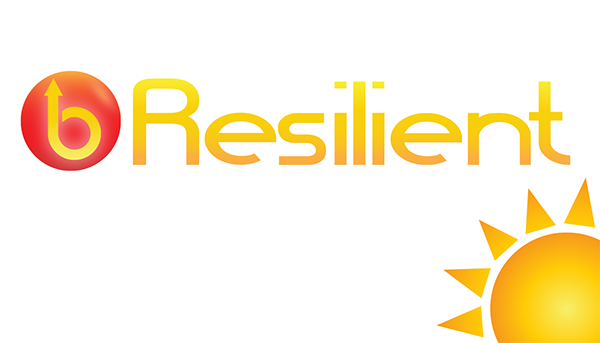
Lori Sabo
Once in a while as I was growing up, my father told me that if something sounded too good to be true, it probably was. Although I believed him, I have succumbed to powerful sales pitches, only to be disappointed that the pounds did not fall off, and my hair did not radiate with glossy shine.
Years ago, when I saw a commercial for an automatic shower cleaner, my father’s still, small voice whispered in my mind, but I pushed it aside, believing that I would never again have to scrub off soap scum because of the glory of scrubbing bubbles. As you might already guess, it was too good to be true. A textured sponge and effort are required if my shower is to meet the standard of cleanliness I want to live with.
Likewise, we can’t spray one single program at our students and expect them all to meet standard. Such a program just doesn’t exist, so we shouldn’t get our hopes up. And any program that is being lauded as such right now won’t even be available in a few years, because the early adopters will have realized, yet again, that the only thing that really works is a combination of effort and the right tools for the job.
The right kind of effort includes
- instruction—focused, intentional instruction that is directly related to the needs of the children in front of us, and
- practice—lots of time for students to read books they choose.
The right tools include
- books—lots and lots of them, for a wide variety of interests and abilities, and extended periods of time to read them.
- assessments—not just any assessments, but good diagnostic assessments that truly inform our instruction.
Assessments, intentional instruction (during whole group and conferring), and extended time to read books they choose sounds simple, and in a sense, it is. But it isn’t easy, and it isn’t magic, and it isn’t too good to be true. It’s just true.
News From The Daily CAFE
Three Benefits of a "What I Am Reading" Chart
Honey by David Ezra Stein
Neck & Neck by Elise Parsley
Iver & Ellsworth by Casey W. Robinson










